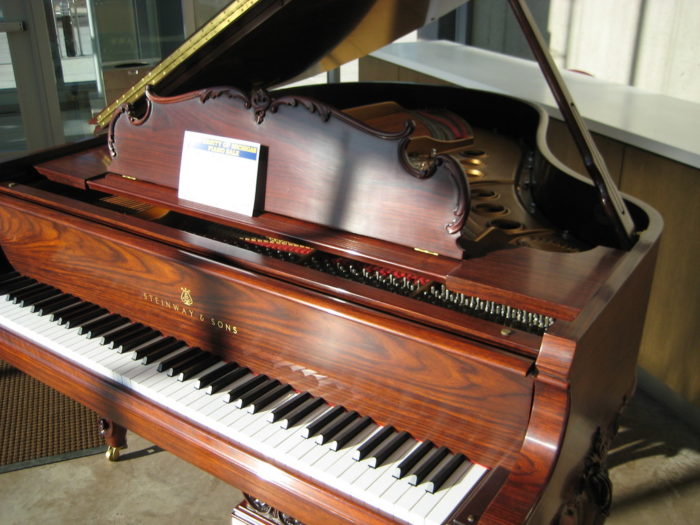I first became interested in classical music at a young age when I first started playing the piano. Though I didn’t realize it at first, I came to see the piano as the best of all musical instruments. The complexity and range of piano pieces make the piano superior to other kinds of instruments. I fell in love with piano pieces composed during the era of classical music (around the eighteenth and nineteenth centuries). True, I also liked jazz music on the piano, and piano renditions of my favorite television and movies songs also interested me. However, I found classical music to be superior to all of them somehow.
Classical music became a mainstay for me during college. I found that playing music without vocals on my computer helped me concentrate on my work more than anything else. At some point, I began listening to it rather than letting it play in the background and found it engaging. Now, I enjoy the works of Chopin, Bach, Beethoven, and Mozart, among others. Whether they be studio recordings, live performances, or remixes, I find that their compositions rarely fail to impress.
One of the reasons I like classical music is because of how different it is from most other kinds of songs. Classical music sets itself apart from modern genres like rock ‘n’ roll or pop by the kind of audience reaction it aims for. It doesn’t rely on riling up the passions to entertain its listeners. Rather, listeners of classical music enjoy it because of its complexity and flow.
Without the vocals, most modern songs are repetitive. The same melody could be repeating throughout a song without you noticing. The different vocals and the pulse-pounding beat distract the listeners from hearing the song’s repetitiveness. Classical music, by contrast, has a distinct flow and can convey a wide range of emotions within the same song. This isn’t to say pop songs are in any way inferior. Rather, listening to pop songs and listening to classical music are two different experiences. Classical music requires one to listen actively to follow along and understand it while pop songs require one to listen passively and move to the beat. Because classical music requires a cerebral approach, one may have to listen to the same song many times to fully understand it.
Classical music relies on the musical argument of the piece to grab interest. Within the classical piece, every theme is followed by an opposing theme. The emotional tone of the piece is conveyed through these arguments and how other parts of the song interrupt, expand, or repeat those arguments. Many forms of classical music are sonatas consisting of a three-act structure, similar to a story. A piece’s theme is introduced in the first part, developed to great complexity in the second, and resolved in the third part. Of course, a song can be more complicated than this, just like how stories can be more complicated than the basic three-act structure implies.
Many people find classical music off-putting because of how elitist or traditional it might seem. However, while classical music is certainly older and it certainly requires more effort to enjoy it, I don’t think it’s an “elite” thing. I believe any person from any background can enjoy it. Classical music concert tickets are cheap, and there’s no fancy dress code to follow. All it requires is an active mind and an appreciation for beauty. Try listening to classical music sometime.
